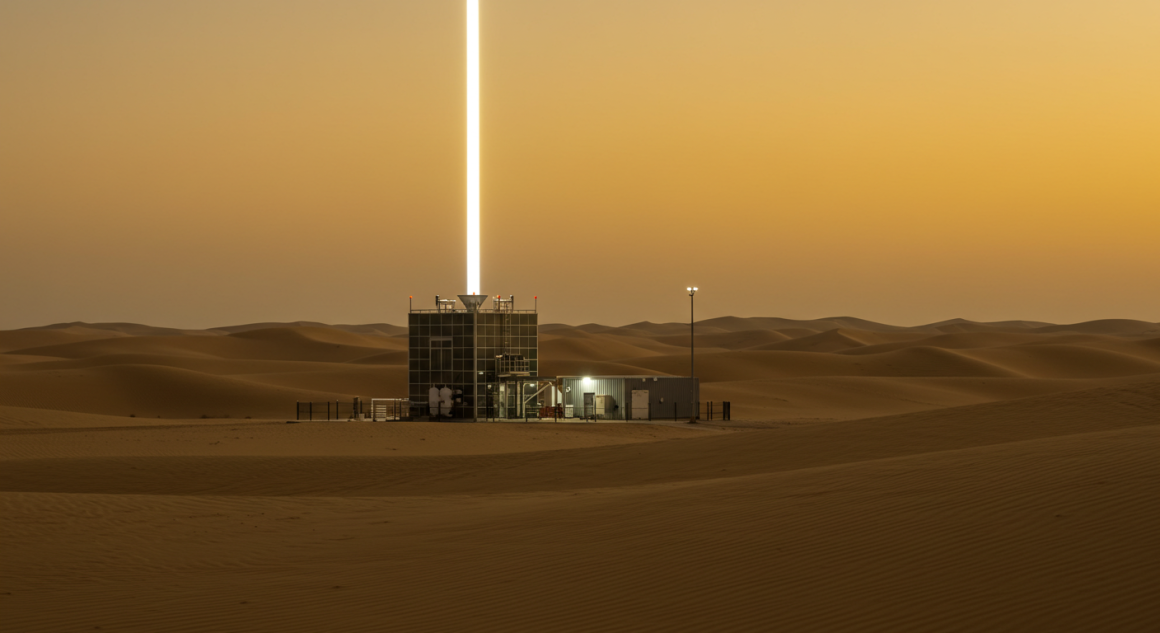The corridors of the Sharjah Petroleum Department don’t echo with the clang of drills or the hiss of pipelines. Instead, they hum with the quieter, more profound energy of strategy, foresight, and national pride. When His Highness Sheikh Sultan bin Ahmed Al Qasimi stepped through its doors, it wasn’t a ceremonial photo op. It was a pilgrimage to the engine room of Sharjah’s future. His directives weren’t shouted from a podium; they were woven into the fabric of technical briefings and project reviews. The message was clear, yet nuanced: Emiratisation isn’t a quota — it’s a covenant. It’s about trusting the sharp minds of Emirati engineers to not just operate the machinery of today, but to design the energy systems of tomorrow. The department’s projects, aligned with the Crown Prince’s Energy Council, aren’t merely about extracting hydrocarbons. They are blueprints for a transition — a delicate, intelligent pivot towards sustainable, clean energy that doesn’t abandon the emirate’s industrial backbone but reinvents it. Picture the scene: Sheikh Mohammed bin Ahmed Al Qasimi and Hatem Al Mosa unfurling digital schematics not of new wells, but of carbon capture initiatives and solar-integrated refinery upgrades. Khamis Al Mazrouei, newly appointed, doesn’t just receive congratulations; he inherits a mission — to bridge the gap between legacy infrastructure and cutting-edge environmental stewardship. In this room, “petroleum” is no longer a dirty word. It’s a verb — an active, evolving force. It’s about leveraging decades of expertise to pioneer hydrogen fuel trials or to optimize water usage in extraction processes. The Deputy Ruler’s emphasis on “integration” between departments isn’t bureaucratic jargon. It’s a recognition that the future of energy is interdisciplinary. A geologist’s data informs an AI model developed by a computer scientist; an environmental officer’s report shapes the investment strategy of a financier. This visit, captured in formal press releases, was, in essence, a quiet declaration of war — not against other nations, but against obsolescence. Sharjah isn’t waiting for the energy transition to happen to it. It’s engineering it, molecule by molecule, policy by policy, Emirati talent by Emirati talent. The sands outside may shift with the wind, but beneath them, a different kind of current is building — steady, sustainable, and unmistakably Sharjah.
FlashNews:
The Silent Handshake: How DP World is Redrawing Africa’s Economic Map, One Port at a Time
From Sharjah’s Soil to the Stars: The Unlikely Path of the UAE’s Scientific Ascent
Eid Al Etihad: More Than a Celebration, A Living Tapestry of Progress
The Algorithmic Oasis: Why the World’s Brightest Minds Are Choosing Abu Dhabi’s AI Desert
Senegal’s New Shoreline: How a $1.2 Billion Dream is Rising from the Atlantic Waves
Beyond the Runway: The Unspoken Dialogue Between UAE and China’s Skies
The Quiet Revolution in Sharjah’s Sands: How a Petroleum Department Visit Whispered the Future of Energy
When Abu Dhabi Hosted the World’s Wheels: How a Desert City Became the Stage for Urban Cycling Glory
Masdar City’s Silent Scholars: Where AI Dreams Take Root Under the Abu Dhabi Sun
Dubai Cultural Expo: A Platform for Creativity and Global Intellectual Exchange
Abu Dhabi to Host Global eSports Championships in 2025
UAE Strengthens International Cooperation in Space Exploration with Global Agencies
UAE Adopts Artificial Intelligence to Advance Preventive Healthcare Services
UAE Strengthens Its Position as a Global Investment Destination Through Innovation Initiatives
UAE Air Force Commander meets Chinese defence official
Noor Dubai expands humanitarian health campaigns in Philippines
2024 UCI Urban Cycling World Championships: Spain win mixed team event in trials
Mohamed bin Zayed University of Artificial Intelligence opens graduate admissions for class of 2025
Sultan bin Ahmed visits Petroleum Department
Living in UAE
The Quiet Revolution in Sharjah’s Sands: How a Petroleum Department Visit Whispered the Future of Energy
October 8, 2025September 27, 2025


Leave a Reply
You must be logged in to post a comment.